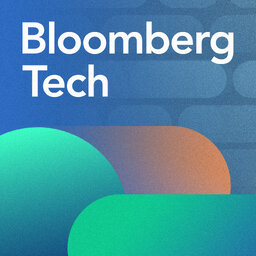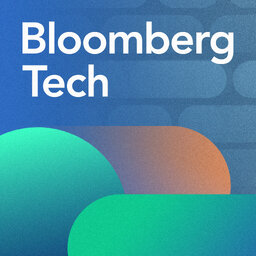OpenAI's Enterprise Adoption and Apple's Robot Ambitions
Bloomberg's Caroline Hyde and Ed Ludlow sit down with OpenAI COO Brad Lightcap for a discussion on AI's enterprise adoption, the company's growth and more. Plus, Apple eyes home robots as the next big thing after scrapping its car ambitions.
In 1 playlist(s)
Bloomberg Tech
The only daily news program focused exclusively on technology, innovation and the future of business…Social links
Follow podcast
Recent clips

Tech Earnings: Google’s Spending, Arm’s AI Data Center Push
43:44

AMD Forecast Fails to Impress Investors
41:23

Disney Taps Parks Chief to be CEO, Palantir Gives Strong Sales Outlook
43:42
 Bloomberg Tech
Bloomberg Tech